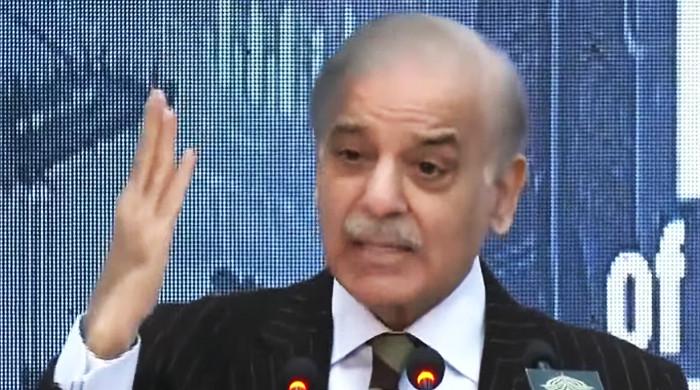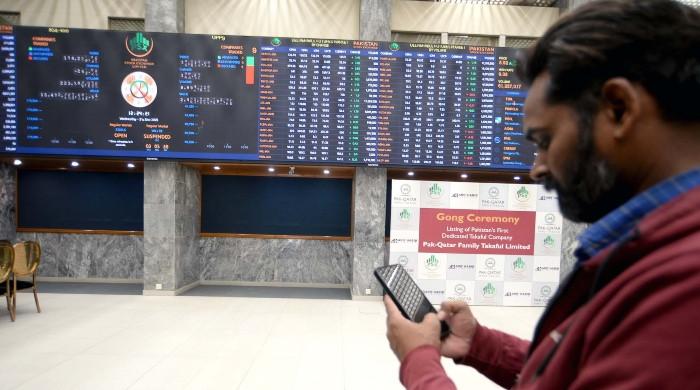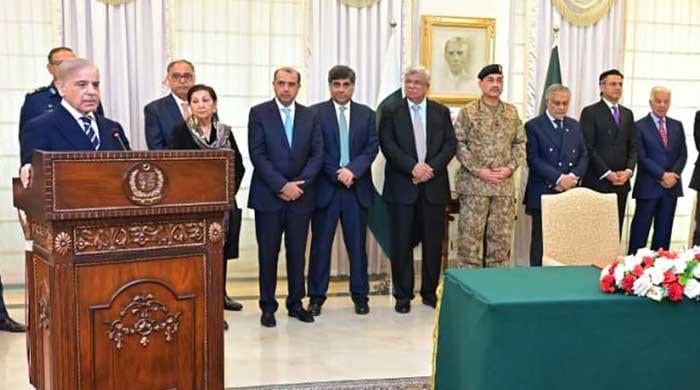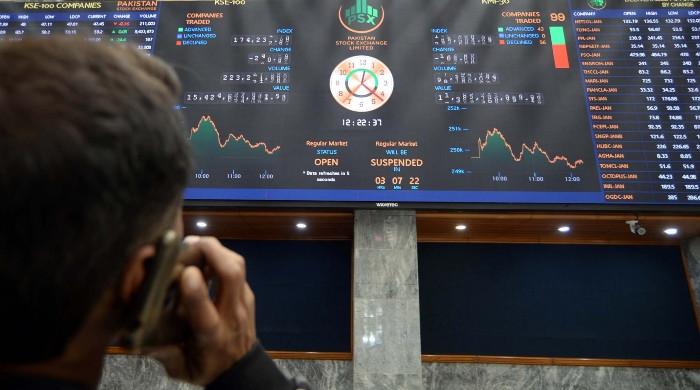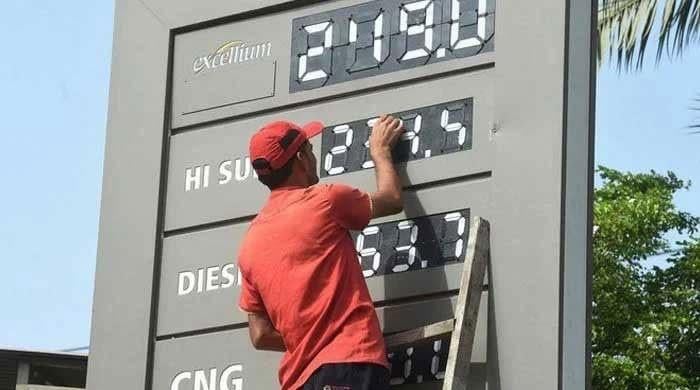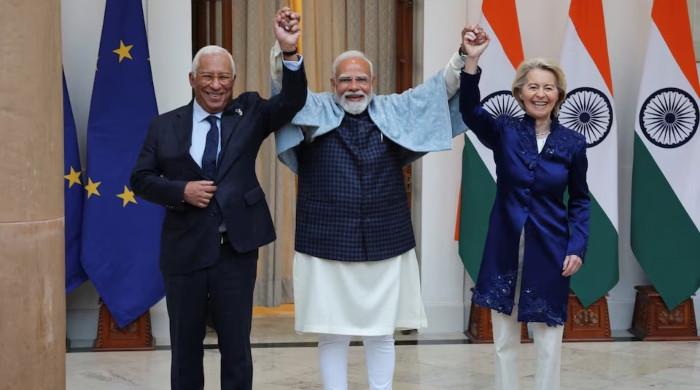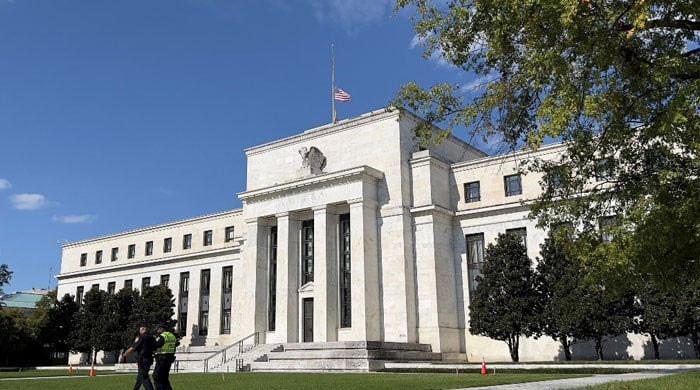No fresh tax amnesty for construction sector, says FBR
FBR shoots down proposal to slash withholding tax on contractors from 7.5% to 1%
June 23, 2021

- FBR shoots down proposal to slash withholding tax on contractors from 7.5% to 1.
- Senate panel rejects FBR’s proposal for imposing a GST rate of 17% for jewelers in the budget.
- Senate panel rejects FBR proposal to impose tax on domestic electricity bills exceeding Rs 25,000 per month.
The Federal Board of Revenue (FBR) has categorically denied it will provide any new amnesty scheme to construction contractors, saying that the government cannot forego collection of Rs200bn.
It was proposed to slash the withholding tax on contractors from 7.5% to 1% during a meeting of the Senate Standing Committee on Finance. Another proposal, suggesting that a general amnesty scheme should be provided to the construction sector was also put forward.
It was argued that it would give impetus to the construction sector as the government had already announced PM’s construction package and asked the IMF for granting it a three months extension.
However, speaking to media after the meeting, the FBR chairman said no such amnesty could be granted to anyone. He said that the FBR was asked to reduce tax on contractors from 7.5% to 1% but the government could not forego its Rs 200 billion tax amount.
The FBR also indicated during the Senate panel meeting that the valuation rates of properties into 23 cities might be revised upwards to collect tax on profit earned upto Rs 5 million within the stipulated time frame of 4 years period at time of disposal of land.
Chairman FBR Asim Ahmed added that the valuation rate notified by FBR stood at 70% of market value.
Earlier, the representatives of Real Estate agents Ahsan Malik and Sardar Tahir had told the meeting that the government changed the gain tax regime to increase the valuation rates notified by FBR and DC rates from July 2021. They also asked for defining 'adventurer' and 'habitual buyers' of real estate into income tax law.
In a related development, the Senate panel rejected FBR’s proposal for imposing a GST rate of 17% for jewelers in the budget.
HEC budget
The Senate panel also asked for increasing the Higher Education Commission’s current budget to Rs 120 billion for the next fiscal year 2021-22.
The HEC high ups informed the committee that they have sought the budget of Rs 153 billion for salaries, perks and other administrative expenses of universities, but the Ministry of Finance had directed them to rationalize the expenditures.
The HEC rationalized and sent out an amended demand of Rs 120 billion but the government allocated only Rs 66.25 billion leaving the HEC without sufficient funds in the next fiscal year to pay its obligations fully.
FBR's raid on cold storage owned by PTI senator's son
Senator Saleem Mandviwalla brought up a complaint before the committee and lamented that an honorable member of this committee owned a cold storage in Peshawar which was raided by FBR’s Customs to seize dry fruits bags.
Giving further details, Senator Mohsin Aziz told the committee that his son owned this cold storage and he had rented out the cold storage, but the FBR declared him "as a smuggler" on it's website. Hurt and frustrated over the FBR's attitude and the mudslinging, his son has "abandoned" the business.
The chairman asked the FBR as to how the owner of the cold storage could be declared a smuggler if the duty of the consignment lying in the cold storage was paid or not. The Chairman of the standing committee directed the FBR to furnish a detailed report before the committee within 15 days.
Tax on electricity bills exceeding Rs25,000
The Senate panel also rejected the FBR proposal for imposing tax on domestic electricity bills exceeding Rs25,000 per month. The FBR explained that this tax would be imposed on those not on the Active Taxpayer List.
Another proposal turned down by the committee was to place sugar into the third schedule and impose 17% GST on it.
On the recommendations of the Senate panel, the National Tariff Commission agreed to provide relief on those imported tariff lines where the cascading effects were not implemented in true letter and spirit so it was suggested to removed the arising anomaly.
Originally published in The News




